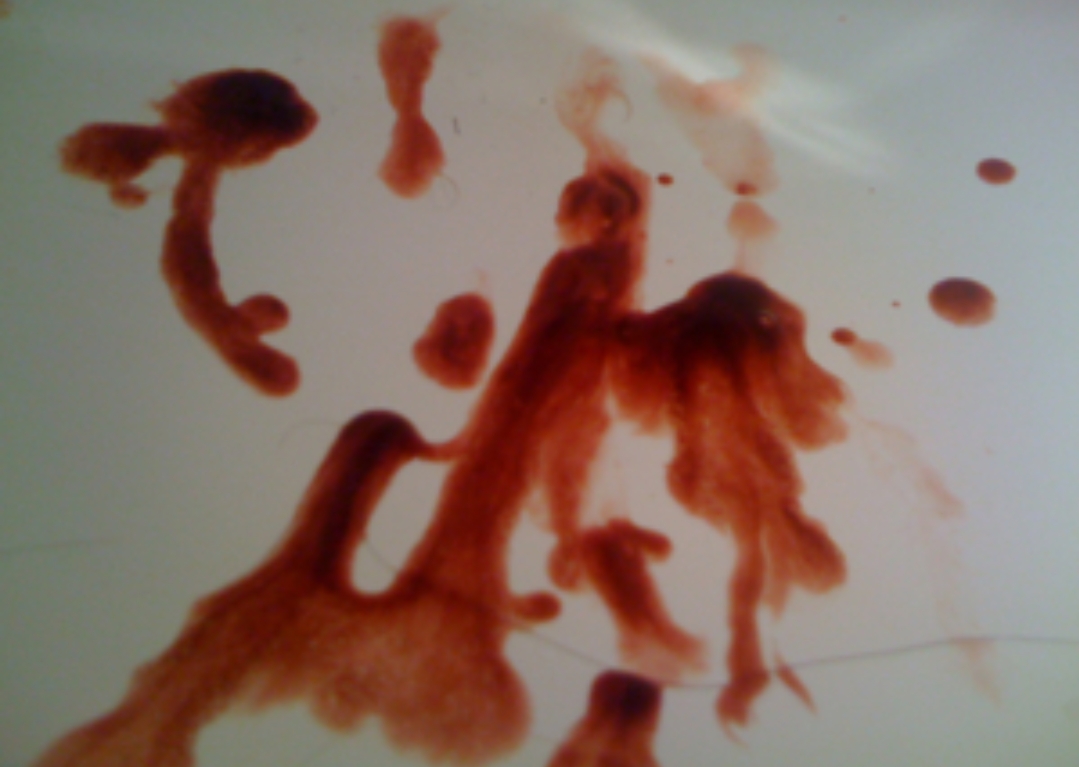Sure—here’s a clear overview of anemia in pregnancy

.
What it is
- Anemia means you have a lower than normal level of hemoglobin or red blood cells, which can reduce the blood’s ability to carry oxygen to your tissues and to the baby.
- In pregnancy, increased blood volume and demand from the growing baby can cause or worsen anemia.
Common causes
- Iron deficiency anemia (most common in pregnancy)
- Folate (vitamin B9) deficiency and/or vitamin B12 deficiency
- Anemia of chronic disease or inflammation
- Blood loss (during delivery or from pregnancy-related bleeding) Hemoglobinopathies or inherited blood disorders (e.g., thalassemia, sickle cell)
- Malabsorption issues or poor intake (less common in well-nourished populations)
- Physiologic hemodilution (normal dilutional drop in hemoglobin during pregnancy)
Symptoms to watch for
- Fatigue, weakness, and dizziness
- Shortness of breath or chest pain with activity
- Pale skin or gums
- Headache, irritability
- Fainting or rapid heartbeat in some cases
How it’s diagnosed
- Routine prenatal blood tests (CBC) to check hemoglobin/hematocrit
- Iron studies (ferritin, serum iron, TIBC) if iron deficiency is suspected
- Vitamin B12 and folate levels
- Tests for infections or inflammation if indicated
- Special tests if a hereditary blood disorder is suspected (e.g., Hb electrophoresis)
Common treatments
- Iron deficiency:
- Oral iron supplements (typical dose varies; many guidelines use 30–60 mg elemental iron daily, sometimes higher for therapy)
- Vitamin C-rich foods or supplements can help absorption; avoid taking iron with calcium-containing products around the same time
- Dietary iron sources: lean meats, beans, fortified cereals, dark leafy greens
- IV iron if oral iron isn’t tolerated or isn’t absorbed, or if anemia is severe
- Folate deficiency: folic acid supplements (often 400–800 mcg daily, higher if indicated)
- B12 deficiency: B12 supplementation (oral or injections, depending on severity)
- Manage underlying conditions (e.g., infections, inflammatory diseases)
- In severe cases or with significant blood loss: blood transfusion may be needed
- Always follow your clinician’s dosing and monitoring plan
Prevention and when to seek care
- Routine prenatal care includes anemia screening; early detection improves outcomes
- Eat a balanced diet rich in iron and folate; discuss prenatal vitamins with your provider
- If you’re at higher risk (e.g., multiple pregnancies, vegetarian/vegan diet, history of anemia, certain medical conditions), your clinician may start preventive iron or adjust supplements
- Seek medical care for new or worsening symptoms, heavy vaginal bleeding, chest pain, severe shortness of breath, or fainting
Key takeaways
- Iron deficiency is the most common cause of anemia in pregnancy, but several other deficiencies and conditions can cause it.
- Treatment is tailored to the cause and the severity, and with proper care most pregnant people do well.
- Regular prenatal checkups are important to detect and treat anemia early.
.







.jpg)








